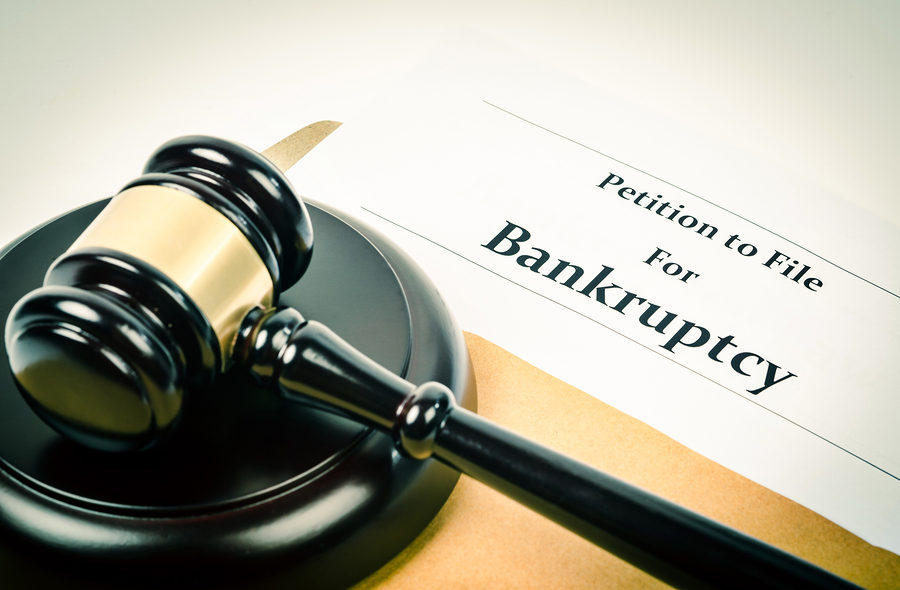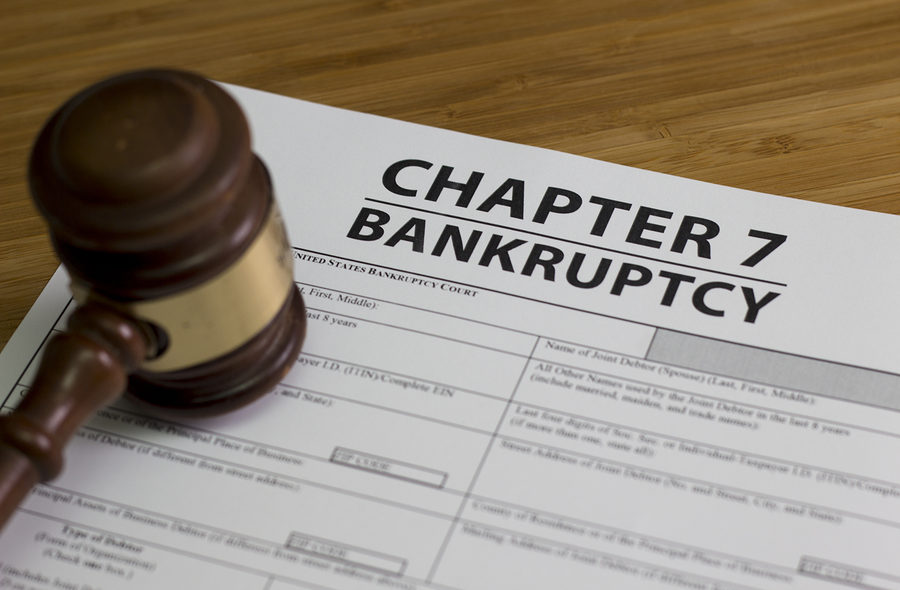Bankruptcy offers filers a fresh financial start, but for many bankruptcy petitioners, that start comes later in life. In the past three decades, the number of people over the age of 55 who have filed for bankruptcy has gone up significantly. This increase has many financial experts wondering why so many individuals nearing retirement are filing for bankruptcy.
According to a paper by Robert Lawless, the percentage of older Americans, specifically between the ages of 55 and 64, increased by 66 percent between the year 1991 and 2016. The number of bankruptcies filed by individuals between 65 and 74 increased by more than 200 percent between this time period. In fact, approximately 12 percent of all bankruptcy filers are over the age of 65.








